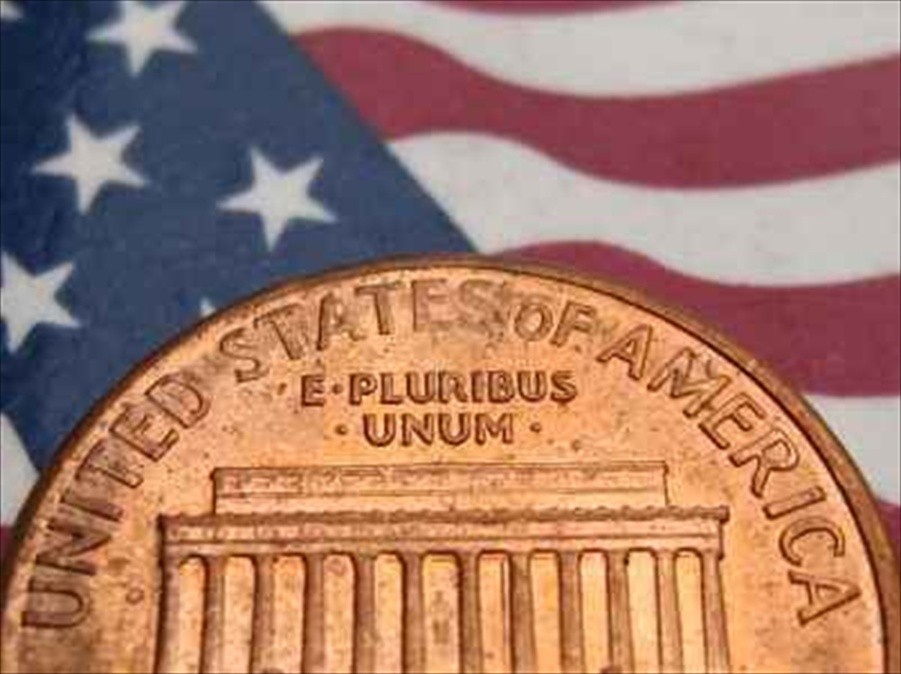Top image credit: marsmet531 / Foter.
When researchers at University of California, Berkeley, ran a study involving a rigged game of Monopoly, they got more than they bargained for. The goal was to see how more than 100 pairs of participants behaved when, by the flip of a coin, one of them was put into a position of privilege for the game. The privileged player started out with twice the money, got paid twice as much for passing 'Go,' and got to roll two dice instead of one. Via hidden cameras, researchers observed notable behavior shifts in the rich player — a sense of entitlement, as well as a lack of compassion, quickly emerged.
Paul Piff presented the results of that experiment and several others during a TEDx Marin talk last year during which he drew the conclusions out to the hierarchy of society-at-large. He notes that an ideology of self-interest gets moralized by its believers as a justification for their good fortune and bad deeds, including lying, cheating, and stealing. Richer folks are, quite literally, more inclined to steal candy from babies — two to three times more, in fact. On the flip side, people in lower income brackets were found to cheat less and share more.
Piff points out that income inequality affects the whole strata of society, not just the parts at the bottom. Interestingly, even small nudges toward community and cooperation help to bring the wealthy among us back to their humanity and compassion.









